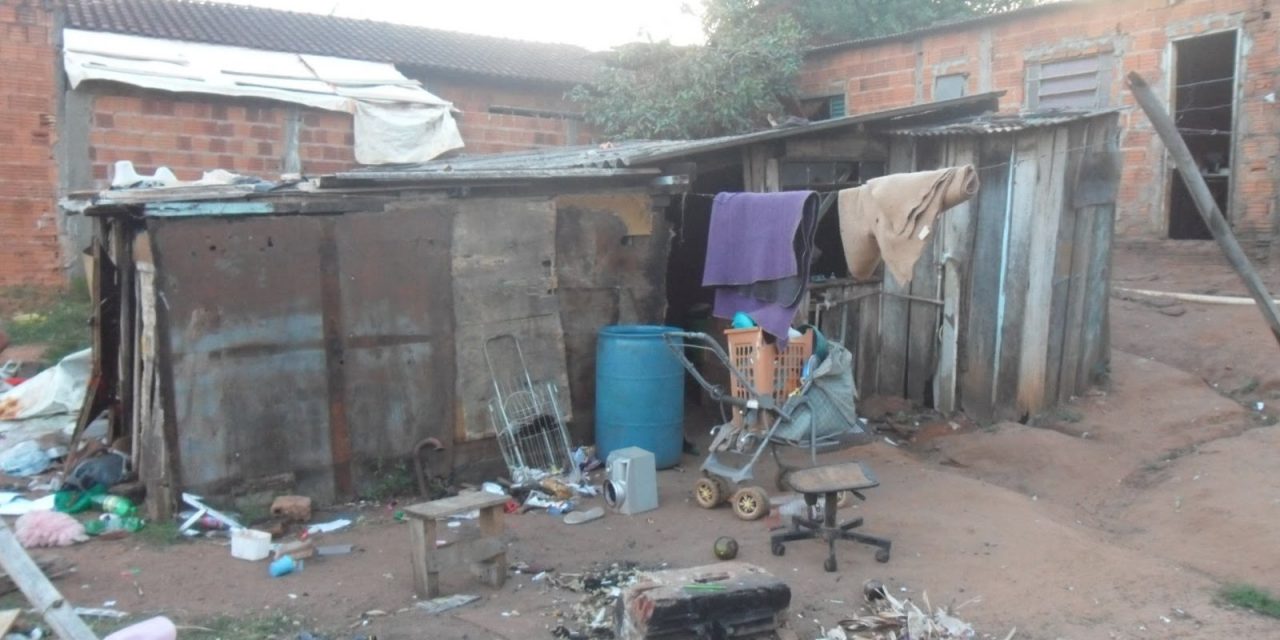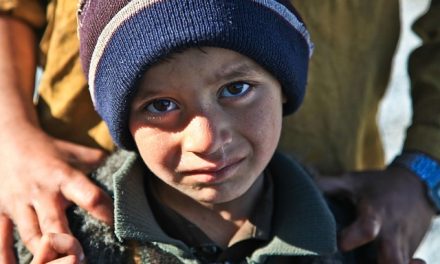A post from a friend at http://missionsunplugged.blogspot.com
——-
We use some pretty powerful words when we describe places or projects that we’ve been involved with, when we want to communicate a need. We’re not exaggerating- we’re telling it like it is. I’ve sat down at my laptop before and painted the most graphic picture I could of a family’s poverty.
I was in Brazil, in city called Bauru in the state of Sao Paulo. We went into a favela, also called a community, and visited families there and prayed with them. I was translating for a team made up of Americans, Koreans and Germans. Most of the houses looked poor, to my Western eyes… in Brazil they use orange bricks that look like tiles and in poorer areas they leave them bare on the outside, making the streets look run down. Homes are often nicer inside than out. But that day one house in the favela stood out. It was made of wood, but so badly- just random planks of different sizes, broken down and dirty, stacked together, with an uneven corrugated iron roof. It looked like it would fall down if you rested against it. When we went inside, I could see huge gaps in the walls, although it was dim under the bare light bulb, and six children and their mother slept in three beds. The floor was dirt, and the smell was awful. Apparently when it rained, water came through the roof and ran through the holes in the walls. The worst thing was that there was no bathroom. They said they went to their neighbour’s house, but later on our friends from the church explained that they had to go outside and use plastic bags most of the time. The oldest child was a girl about twelve or thirteen; I couldn’t imagine a teenager coping in a house like that.
When I posted photos and a description of this house on my blog, I had in mind my friends back home, my church, my whole culture really. How do you convey a reality like that to people who can afford to build extensions and holiday abroad and spend hundreds on electronics? Do you engage their compassion? Do you make them feel guilty? What do you do about the distance- the distance that means the difference between a person thinking ‘I have to do something about this’ and ‘This is far enough away from me to be someone else’s problem’?
I did have a practical reason for sharing this family’s home on my blog, a justification for holding up their poverty and lack and dirt and smell for all to see. The local church decided to try to build this mother and her children a new house. They had the labour but they needed money. I was able to pass on donations to them and a few weeks later the family were living in a bright, stable, clean home with furniture, bunk beds and a bathroom. I never doubted that it was worthwhile.
But I read articles and posts about the language we use when we describe our missions work. The way we talk about ‘them’ and ‘us’. How we take pictures of their need, often without even asking permission, and they end up on newsletters, blogs, church presentations. Up goes a post of us standing next to a grim faced woman wearing rags, with a blow by blow account of her dire situation.
I struggle with this. I wonder how I can remind people here in prosperous England that yes, we are in an economic downturn but we are still some of the richest people in the world. I question whether the pictures of a broken down shack motivate people to give or just make them feel depressed or guilty. I think about compassion fatigue and I understand it, because I get so many appeals and I see all those Water Aid shots of children with flies on their mouths too. I think about young babies who would be given the best of everything if they were born here in my country, but instead starve to death, and a feeling of frustration and anger at injustice wells up in me.
Jesus talked so much about the poor, and about giving. How can I talk about the needs of the poor without demeaning them, and still convey the urgency of their situations? How can I plead with the people of my country to give, and to care, and to pray, and to go, for God’s sake, without seeming to judge them or guilt trip them? How can I explain poverty that does not exist in my own country to people who have only seen it on a screen? How do I talk about all of this without perpetuating the idea that they are victims and we are their saviours?








